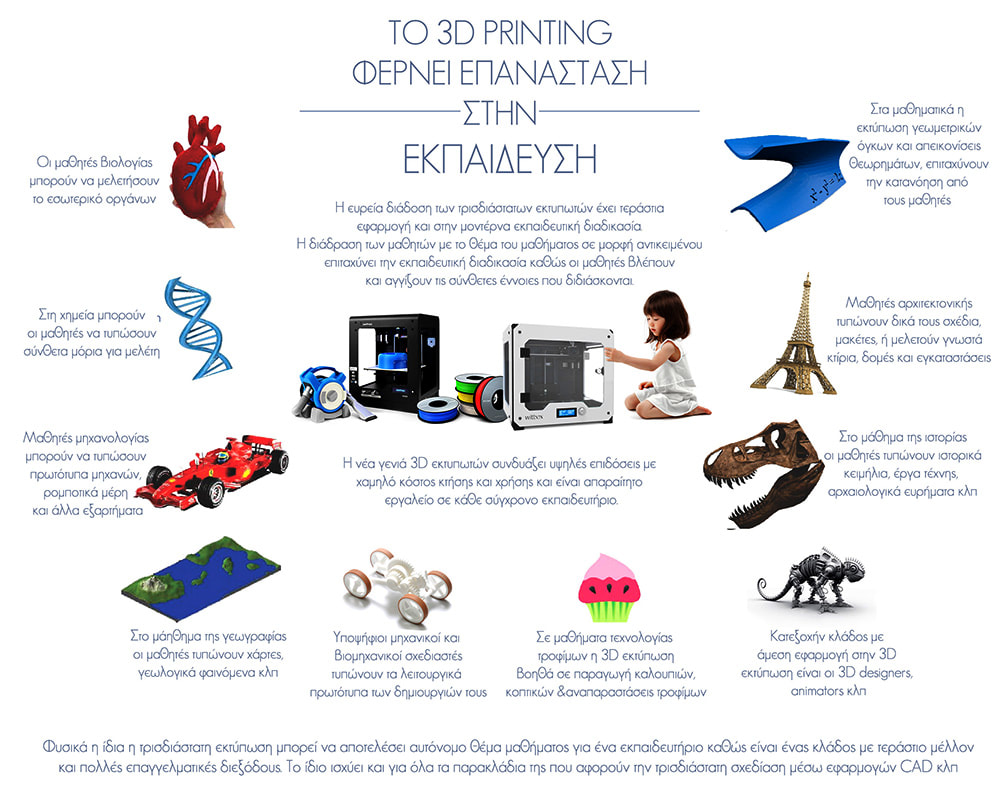
Πλεονεκτήματα και δυνατότητες της 3D εκτύπωσης στην αρχιτεκτονικήΤζιανούμης ΙωάννηςΑρχιτέκτων μηχανικός - 3 Design Studio

3DHUB.gr - Το πρώτο 3D printing HUB στην Ελλάδα! - 3D printing, 3D Scanning, Prototyping, εκτυπωτές, αναλώσιμα, online τρισδιάστατη εκτύπωση! - 3DHUB.gr - Το πρώτο 3D printing HUB στην Ελλάδα!

Η πραγματικότητα της επένδυσης: Οι πιο επιτυχημένες ιστορίες με την 3D εκτύπωση – Επαγγελματική 3D Εκτύπωση

Από το καλοκαίρι στην Ελλάδα η δυνατότητα εκτύπωσης κατοικήσιμου σπιτιού!- Δηλώσεις του Δραμινού κατασκευαστή σπιτιών με 3D εκτυπωτή στη Γερμανία - Πρωινός Τύπος



















